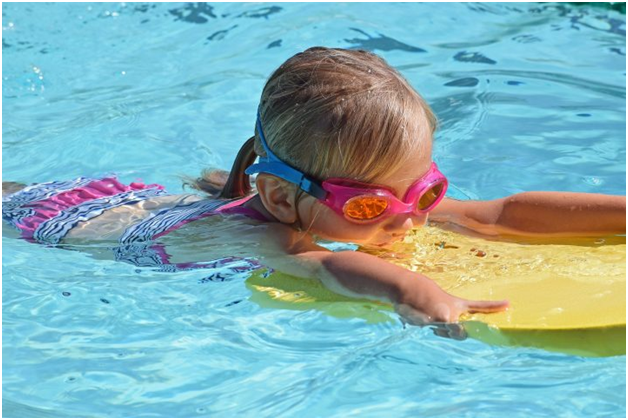Everyone talks about how important sport is for all of us. And with the rising rate of obesity, children’ health should be top priority. Sports, whether individual or team-based, are an ideal activity for both children and adults that provide a wide range of benefits other than physical activity. Participation in sports can help children build social skills, motivate them excel academically and help build confidence and boost self-esteem. Participation can also teach them the benefits of practice and goal-setting.
Active kids are more likely to be more active when they grow up than those who spend their free time playing games online. Sport won’t only keep your kid physically fit, but can also have a huge impact on a kid’s social and psychological well-being.

Here are the top benefits of sports for your little ones.
Physical Activity. This is the most obvious benefit of playing sports. You are probably aware that your child is spending too much time playing video games and watching TV. Any kind of sport will keep your kid healthy and in a good shape.
Social Skills. Joining a football or volleyball team gives children a sense of belonging and the opportunity to make friends for life. Sport teams can help children develop social skills that will benefit them throughout their entire lives. They learn to interact not only with other kids on their age, but also with their sports officials and coaches. They learn communication skills, team-building skills and leadership skills that will help them in school and their future personal and career relationships.
Self-Esteem. Many studies show that sport can contribute to the development of confidence and self-esteem in children. Children who play sports get encouragement and praise from their parents and coaches, which helps to build self-confidence. They also learn to push themselves and trust their own abilities. Children should focus on their enjoyment of the sport not on winning or losing.
Patience. Unless your kid is extremely gifted, then practice will play a large role in whatever sports they are involved in. Tell your child that if he wants to get better, it is going to take some time.
Controlling Emotions. As children grow up, we expect them to learn to control their emotions. In sports, emotions can run high and learning to channel them the right way can be tough for youngsters. Once kids learn how to manage stress, they will be better equipped to tackle life challenges.
Less Selfish. Team sports can easily teach kids to be less selfish. In sport, children need to think not what’s best for themselves, but for the team. Ego is not good for team performance. One of team sports’ takeaways is coaching kids to understand that they can be successful by being less selfish.
